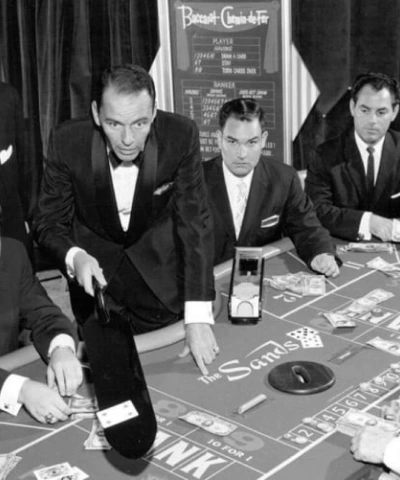Gambling is one of the oldest forms of entertainment known to mankind. Its history dates back to ancient civilizations and spans many cultures, reflecting changes in social structure, economy and technology.
Money games have their roots in prehistory. The first mention of gambling can be found in ancient cultures. Archaeological finds show that dice were used in Mesopotamia more than 5,000 years ago. The ancient Chinese also gambled; in the 2nd century BC they already had gambling with playing cards.

Gambling was also popular in ancient Egypt. Gambling games were found in texts, and even the pharaohs were known for their passion for gambling. In Greece, gambling developed with the advent of such types of games as dice and racing, as well as with the first Olympic Games, where betting on the results of competitions became a common practice.

With the spread of Christianity, gambling was condemned in Europe. In the Middle Ages, many countries began to ban gambling, as they considered it sinful. However, despite the bans, gambling continued to flourish underground.
With the revival of interest in Renaissance gaming, especially in Italy, gambling became popular again. New games such as blackjack and roulette appeared, which contributed to the development of the gambling industry. During this time, gambling houses began to appear in Europe, which became entertainment centers.
Since the 18th century, gambling has become increasingly popular. The first legal casinos were established in England, and in 1774, "card-playing establishments" appeared in London. At this time, lotteries also began to develop, which became an important source of income for the needs of the government.
Parallel to the development of the Games, legislation in various countries also changed. Gambling was restricted in some places, while in others it was part of the culture. At the end of the 19th century, the gold rush in the United States led to an increase in gambling, especially in cities such as San Francisco and later Las Vegas./p>
In the 20th century, gambling was finally legalized in several countries. In 1931, the state of Nevada legalized gambling, which became the basis for the transformation of Las Vegas into a world gambling center. In 1976, Atlantic City also became a major gambling resort, further strengthening the American position in the gambling industry.
Since the early 90s of the twentieth century, the Internet has started to change the face of gambling. The advent of online casinos and poker sites has opened new horizons for players, allowing them to place bets from the comfort of their own homes. This new form of gambling has quickly gained popularity and attracted millions of users.
Confirm your age
To access this website you must be at least 18 years old. Please confirm that you are 18 years old.